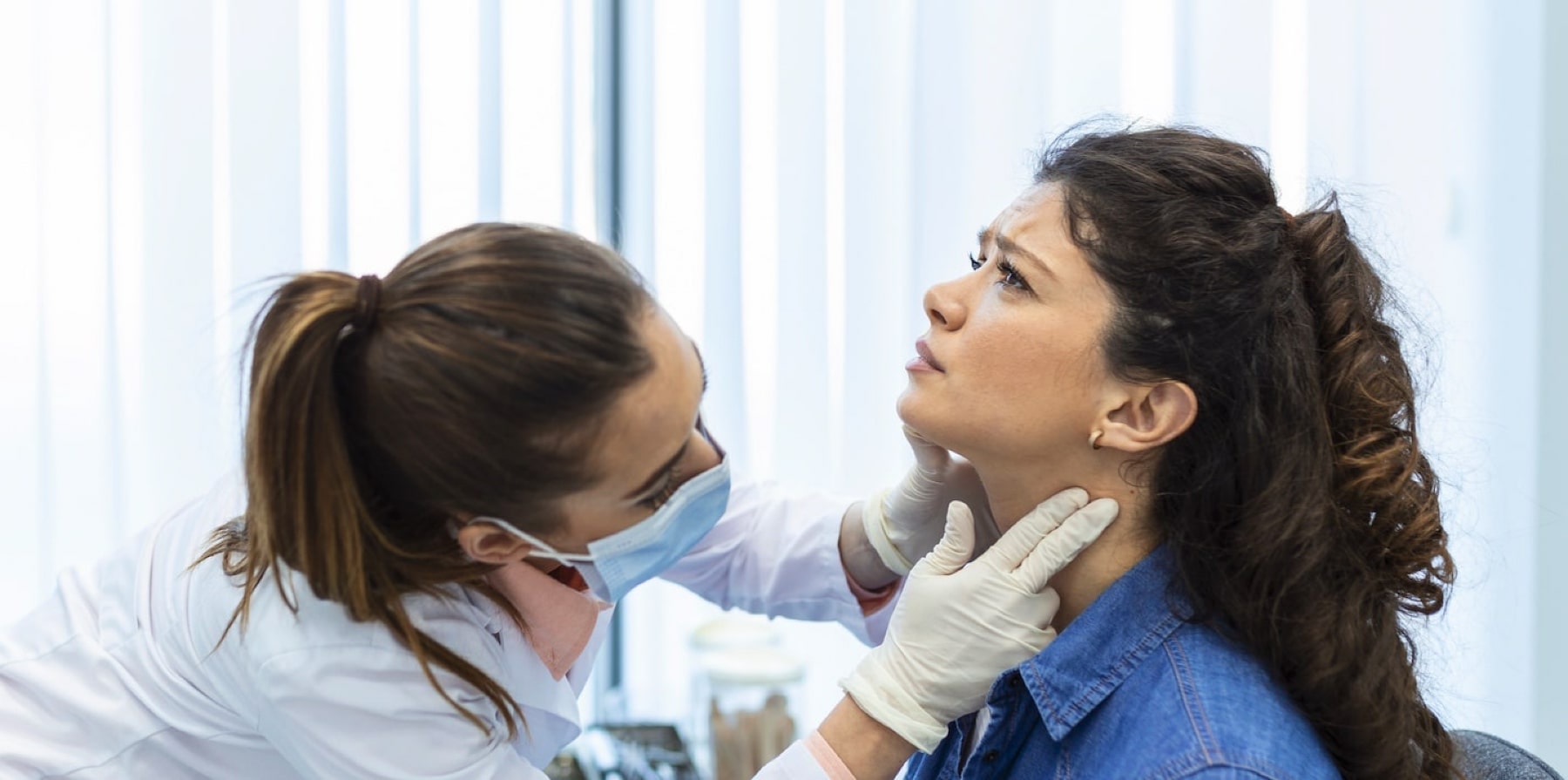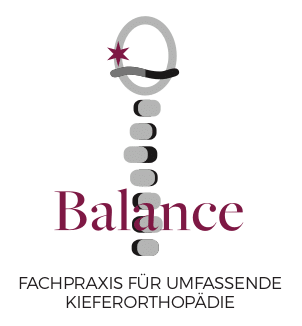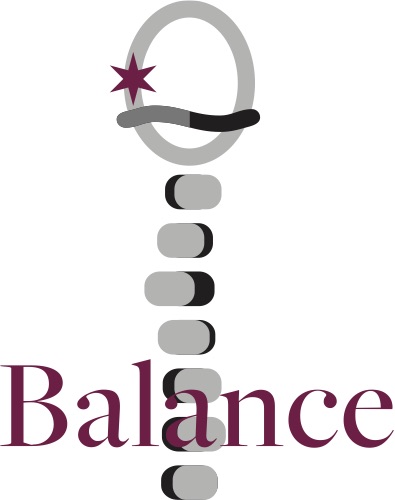
Hormonal disorders
The function of the cranio-mandibular system (CMS) influences hormone regulation – KFO Hannover
We are not specialists in endocrinology or reproductive medicine and therefore do not treat hormonal disorders directly, but …
Numerous scientific studies have shown that the function of the cranio-mandibular system (CMS) has an impressive influence on hormone regulation (see: Kobayashi, Y., Hanson, T.: “Effects of occlusion on the human body.” Phillip Journal 5.88 page 255-263). Among other things, these researchers investigated the effect on the hormone balance of an artificial pre-contact only 0.1 mm high on just one tooth in humans. It turned out that the hormone levels of numerous hormones (steroids, catecholamines) changed dramatically in the following days. The doctors thus proved a connection between disruptive factors in the CMS and hormonal regulatory disorders.
What works in a negative sense can also be used positively. This assumption corresponds exactly to our experience. Although this and other scientific findings have been known for decades, the results have been extremely ignored and underestimated by the responsible medical disciplines, but unfortunately also by many naturopathic practitioners.
Optimization of the CMS through the Balance treatment concept improves hormonal disorders
If we optimize the function of the CMS through treatment according to the Balance Concept, women with hormonal regulation disorders, e.g. with reproductive difficulties (infertility), often experience a significant spontaneous improvement. A positive side effect of orthodontic treatment in many cases was a solution to this problem, which is very stressful for many women.

Hormonal disorders – interdisciplinary collaboration for better results
The truth is, we don’t yet know exactly how this is possible! But there is a hypothesis (see also reason hyperactivity – ADD). In some cases, we see that the problem is caused by several factors simultaneously and additively, with the errors in CMS often being decisive for the development of the dysregulation, but other general medical dysfunctions must also be taken into account in order to be truly successful. This means that many specialists need to work together at the same time: e.g. chiropractors, osteopaths, nutritionists, gynecologists, endocrinologists, reproductive physicians with special training, naturopathic physicians, etc.
Patient voices
Whether this positive experience also applies to other hormonal regulation disorders cannot yet be conclusively assessed, as the number of such cases is still too small to be able to make a clinical assessment.







